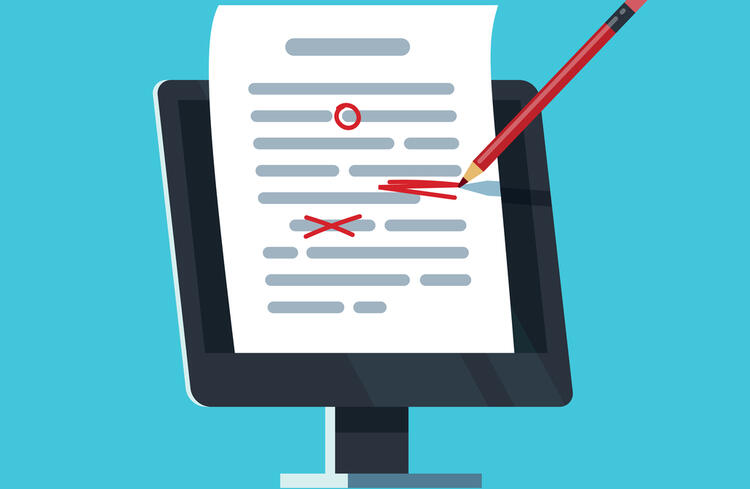Having some writing to do but not wanting to do it is a feeling that just about everyone can relate to. If you have ever been in this position, keep reading because we’ll be listing five tips for getting over writer’s block whether your writing is for work, school or a hobby.
1. Daily Goals

First up from these five tips for getting over writer’s block, try setting daily writing goals to work towards. These daily goals should be easily achievable and proportional to the length of the piece you’re working on.
Have a 1500-word essay to write? Break it down in to easier chunks and write 300 or 500 words a day.
Smaller chunks will feel much less daunting to work on, and the daily goals will help you make consistent progress to your word count or page limit.
2. Distractions

Next, test out how productive you are with different types of distractions. Some people work really well with music or a show on as background noise, while for others it can slow their progress and distract their train of thought.
Try out both and see what works best for you. If you’re writing less per hour or minute with background noise, then start shutting the noise off and focus on your writing alone.
And regardless of whether or not you function better with something like music on, consider turning your phone off or leaving it in a separate room.
The urge to check your texts or social media can be one of the biggest hindrances to your writing progress.
3. Breaks

Third on this list of five tips for getting over writer’s block is to take breaks. After writing for about thirty minutes or an hour, stand up, stretch your legs and do anything other than write for a short five-minute break.
The breaks will help you avoid burnout and give your mind a moment to recharge. This is particularly important for writing projects that will take multiple hours to complete.
If you try to knock it all out in one sitting without rest, you’ll quickly hit that point where the words just stop flowing as well as they did when you started writing.
4. Sections

This is similar to setting daily goals, but another tip from these five tips for getting over writer’s block is to try breaking your project into sections.
Whether what you’re writing is long or short it can be easier to tackle in pieces than one continuous chunk. For example, maybe the introduction and conclusion will be easier for you to knock out than the body of your piece.
Work on the easy sections first if you’re stuck and want to try a different approach to get the wheels turning.
5. Editing and Drafts

Last on this list of five tips for getting over writer’s block has to do with editing and drafts.
Some people are very meticulous while they write so there’s less editing to do, while others focus more on quantity than quality, so it gives them a foundation to start with even if it’s rough.
Try both methods and see what you prefer. If things are slow going and you’re struggling with writer’s block, you might be better off starting with a rough jumble of words that can be shaped later on.







